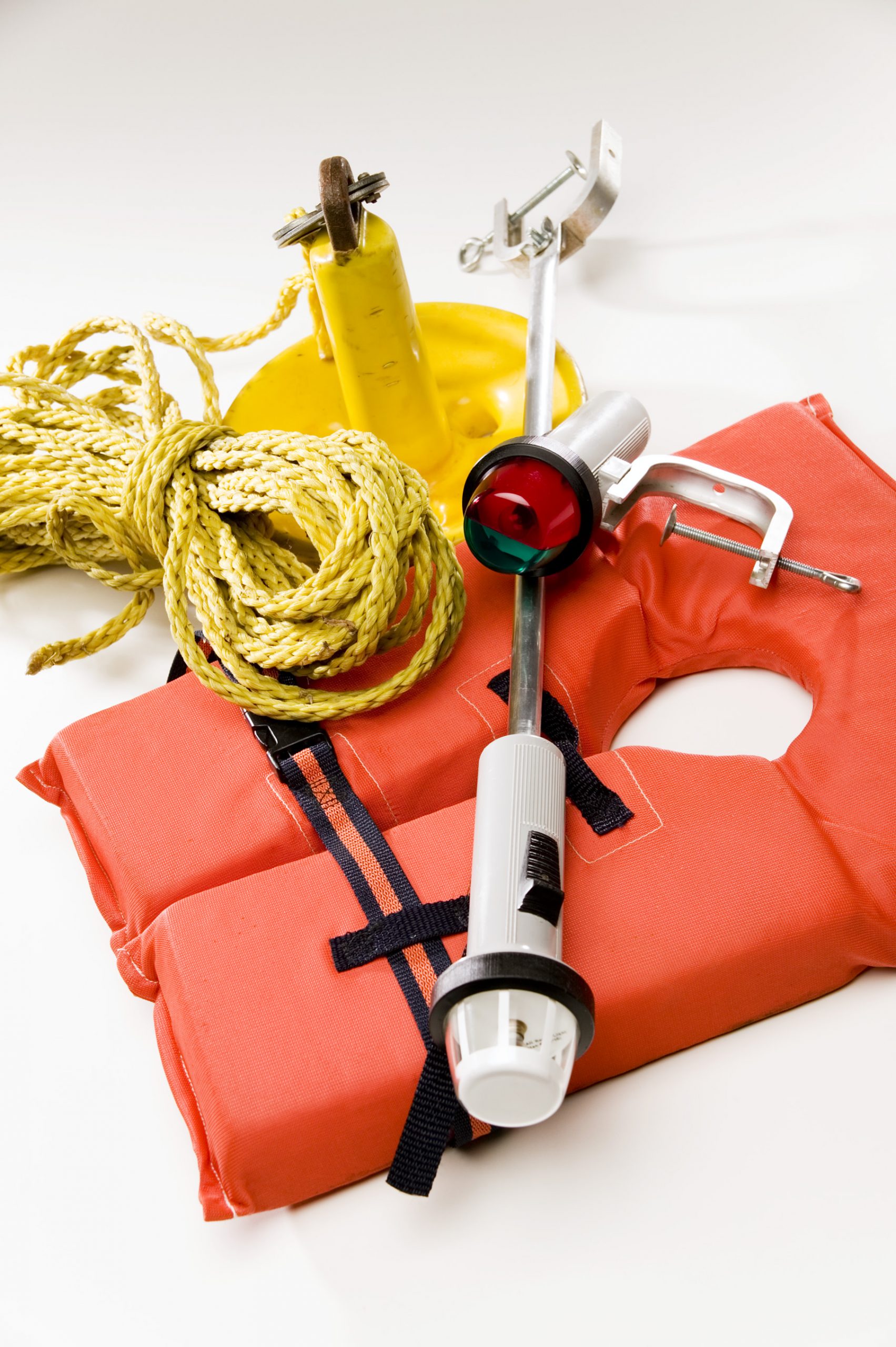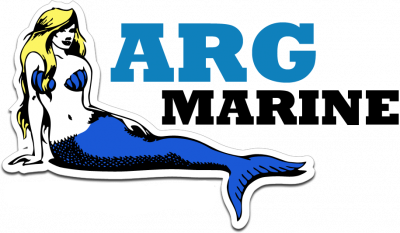Know Before You Go: 10 Important Boating Safety Tips

Boating season is in full swing in Palm Beach County and across the country. If you’re looking to get on the water this season, then swing by ARG Marine for our great selection of used boat motors for sale by owner. Or check out our website for current inventory.
Whether you’re a new boat owner, a seasoned boat owner, or a prospective boat owner, it’s important to be safe on the water. Just like driving a car, boating comes with plenty of risks and dangers. From informing our customers to helping them find a new boat or motor, ARG Marine is here for you.
10 Boating Safety Tips
Tip 1: Always carry a boat safety kit on your vessel. You never know when any emergency may arise. Your safety kit should include the following items:
– Flashlight
– Duct tape
– Bucket
– First aid kit
– Whistle
– Ropes
– Mirror
– Plastic trash bags
– Fire extinguisher
– Life jackets
Tip 2: Always make sure to have proper life jackets on board for every passenger. The law requires U.S. Coast Guard-approved life jackets to be on board any boat for every person. Even if you’re a strong swimmer, you never know how long you might be in the water before help arrives.
Tip 3: Check the weather before you head out on the water. You never know when a storm might roll in. It’s never a bad idea to check water temperatures if you live in a place where they vary widely by season.
Tip 4: Don’t overload your boat with passengers or equipment. Pay attention to the capacity limits on your specific boat. Overloading can cause your craft to be unbalanced.
Tip 5: After you refuel your boat, make sure to open all the hatches and sniff for gas fumes. If you smell any, don’t start your engine. Carbon monoxide can silently accumulate in your boat and cause passengers to fall unconscious. Nearby boats and enclosed spaces can make this worse.
Tip 6: Use common sense when on the water. As mentioned before, being on the water in a boat is not much different from being on the road in a car. Respect other boats, stay alert for nearby small craft and swimmers, and make sure your passengers don’t engage in unsafe activities on the boat.
Tip 7: Follow anchoring procedures. It’s not enough just to have the correct anchor. You also need to make sure it’s used correctly. For example, you might need to drop two anchors in front of your boat in a V-formation to keep it from drifting.
Tip 8: Follow docking procedures. Docking can also be challenging depending on the wind, your boat type, and the current. If the dock has movement, it’s essential to tie your boat to a portion that does not move. Otherwise, you risk your boat being swamped and possibly sinking.
Tip 9: Take a boating safety course. It’s always important to take a boating safety course if you’re new to boating. According to the U.S. Coast Guard, over 70% of boating accidents are caused by the person operating the boat. You can take an online course as well to get up to speed on boating safety.
Tip 10: Get your boat checked. Free vessel safety checks are offered by both the U.S. Coast Guard Auxiliary and the U.S. Power Squadrons. The checks are free and there’s no penalty if your boat doesn’t pass. However, peace of mind is priceless.
Ready to get on the water? Come down to ARG Marine for used boat motors for sale by owner.
